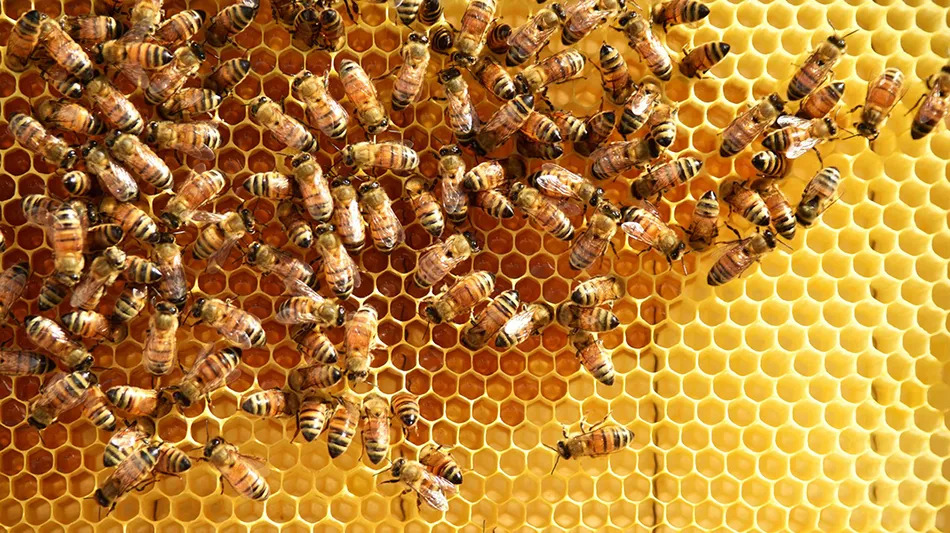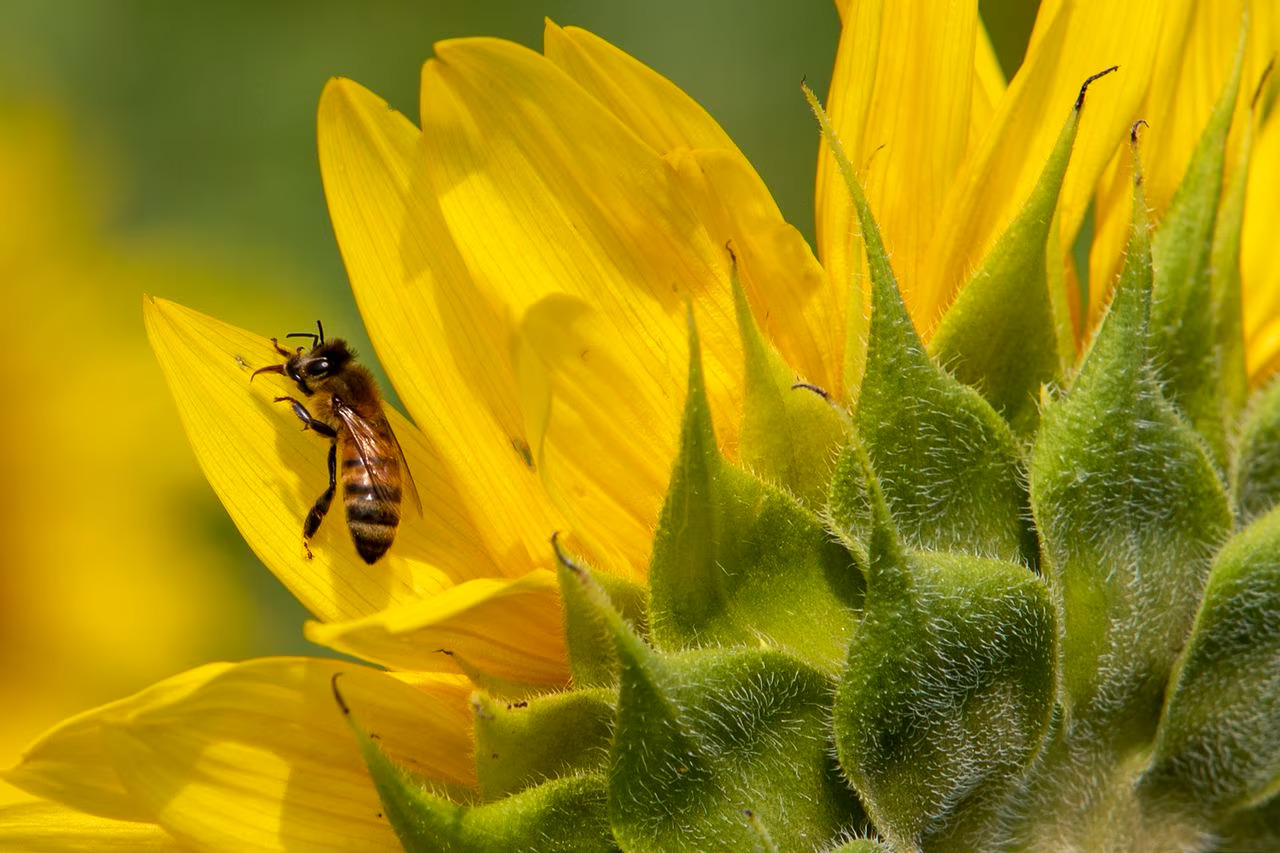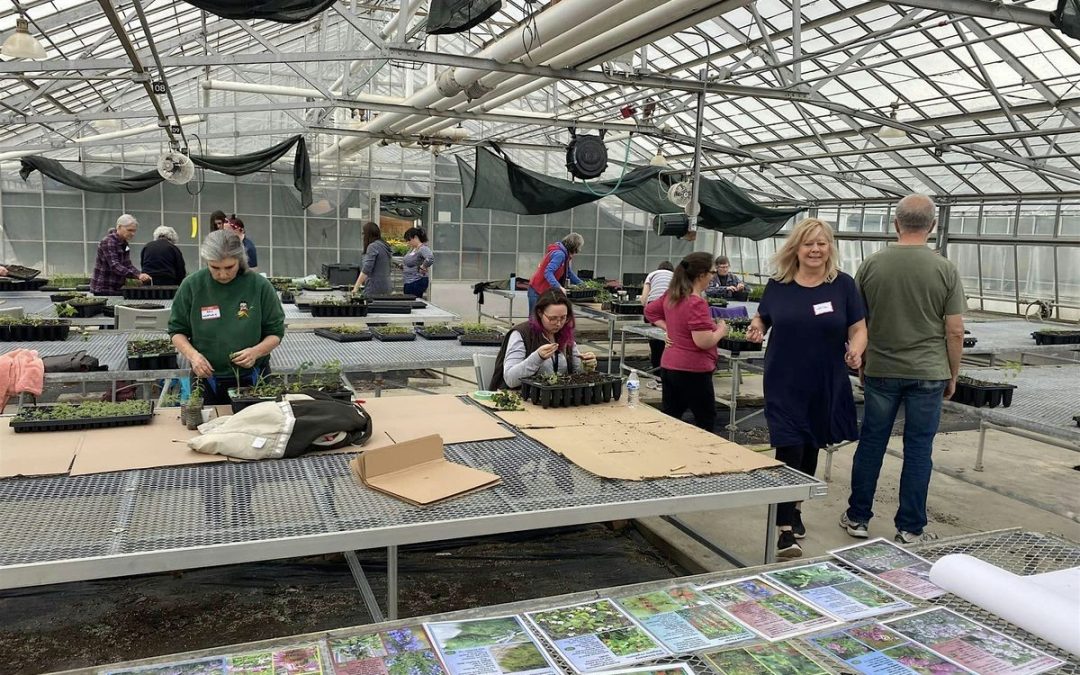The University of Michigan recently achieved the Bee Friendly Campus USA certification with some inspiring students’ help. As part of their SEAS Master’s project in 2020-21, the “SEAS Bees” launched a comprehensive plan to conserve pollinators – installing new habitats on campus and providing outreach and education to spark community action. Through these efforts, they laid the foundation needed for certification, and UM became bee-friendly. This achievement makes them feel UM’s conservation efforts extend beyond the campus. We are one step closer to getting more people to care about how humans affect the health of pollinators.
The University of Michigan’s sustained efforts to become a certified Bee Campus recently achieved its goal! It was made possible partly by the hard work and dedication of a group of SEAS Masters students known as the ‘SEAS Bees.’ The team focused on cross-sector partnerships, promoting broader pollinator conservation planning, and installing new pollinator habitats around campus. Thanks to their determined effort to make UM a certified Bee Campus, they have laid the groundwork for certification, which is undoubtedly an accomplishment worth recognizing.
Pollination is vital to keeping our environment intact and has an economic impact. Pollinators, such as bees and butterflies, protect millions of flowers and plants for successful reproduction. According to the Xerces Society for Invertebrate Conservation, more than 85% of the world’s flowering plants rely on pollinators to begin the process of reproduction. Not only does this include numerous species of plants, but it also encompasses many crops that require pollination to grow fruitfully. Pollinators are responsible for many crops grown in the United States, which are worth an estimated $3 billion in the United States alone. It shows how essential pollinator ecosystems are. Keeping their numbers up is good for the environment and the economy.

Pollination is a vital part of how many plant species worldwide reproduce. 85% of flowering plants need pollinators to spread pollen and create new life. Not only are these species highly significant on their own, but they also provide enormous economic value. The United States grows over 100 crops that depend on or profit from pollinators, yielding a massive $3 billion annual economic value. This dependence on pollinators reminds us of our necessity to protect these delicate ecosystems and the roles they play in sustaining much of our agricultural production.
At the University of Michigan, sustainability is a priority for its grounds services – from Matthaei Botanical Gardens and Nichols Arboretum to Radrick Farms and the UM Golf Course. The Xerces Society for Invertebrate Conservation has given both UM campuses the Bee Campus USA certification for planting pollinator habitats, using fewer chemicals, and following guidelines for sustainable land management. Beyond these sustainable practices, UM is also a proud affiliate of Bee Campus USA – joining the Dearborn campus in 2019 and Washtenaw Community College, which became certified in 2022. These initiatives mark not only an essential commitment to sustainability but also tremendous strides in their goal of becoming faithful stewards of their natural environments.






